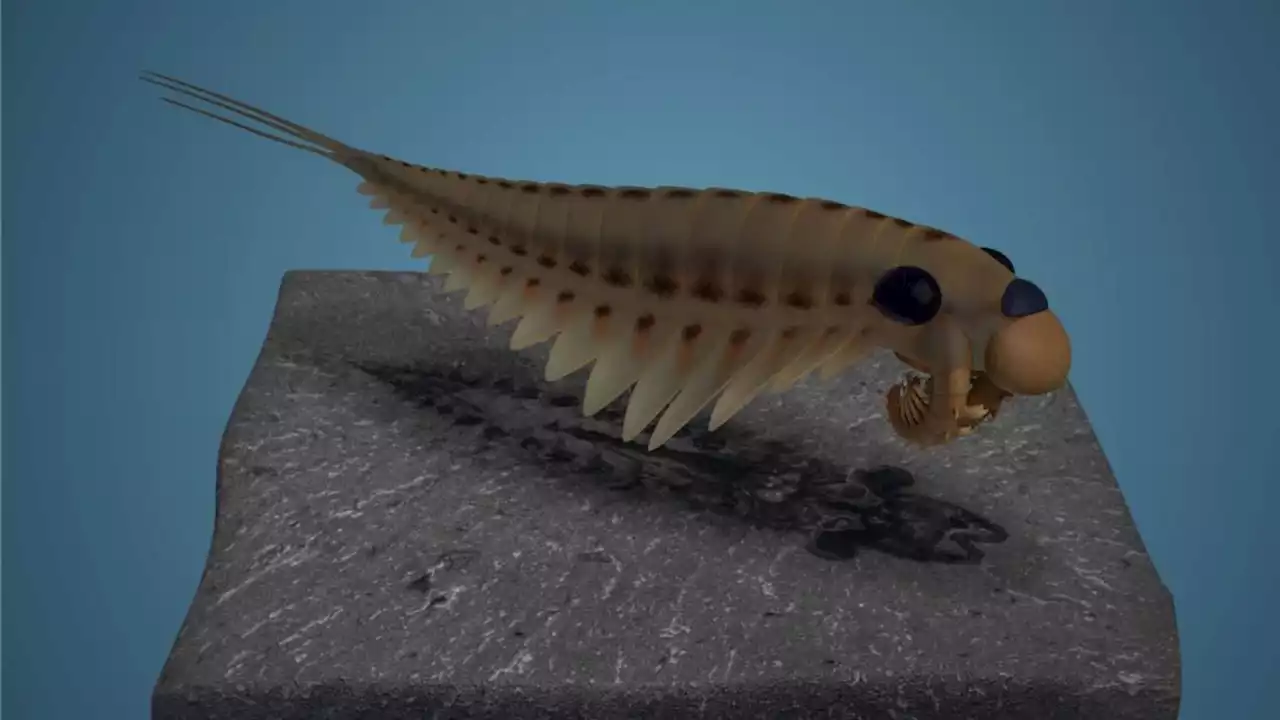Mimicking the eye's shape is a dream come true for many optical engineers.
Using nanowires to detect light and send it to external devices
With the curved"retina" in their pocket, the researchers combined it with an artificial eye that had a curved lens on its front. By filling it with an ionic liquid where charged particles can move, they were able to get perovskite nanowires to perform the electromechanical function of detecting light and sending the signal to external electronics that process images.
When testing the ability of this artificial eyeball the researchers found it was capable of detecting on average of 86 photons per second -- a rate on par with that of a human eye. Thesewere also able to recover from light detection even faster than human eyeballs, taking only 40 seconds to recover while a human eye would take closer to two-and-a-half minutes. The robotic eye was also able to accurately capture, or"see", the letters"E,""Y,""E.
The computer was able to recognize the letters"E,""I" and"Y," and let's just say that, in some ways, the robotic eye was better than the real deal since it could pick up a wider change ofThis is such exciting news since, with medical researchers, there could be
Österreich Neuesten Nachrichten, Österreich Schlagzeilen
Similar News:Sie können auch ähnliche Nachrichten wie diese lesen, die wir aus anderen Nachrichtenquellen gesammelt haben.
 Wild HiPhi Z electric sedan from China's Human Horizons edges closer to productionHuman Horizons' electric sedan comes with an infotainment screen attached to a robotic arm.
Wild HiPhi Z electric sedan from China's Human Horizons edges closer to productionHuman Horizons' electric sedan comes with an infotainment screen attached to a robotic arm.
Weiterlesen »
 Human Horizons' next China-only EV will come with a robotic arm and 'light curtains' | EngadgetChinese electric vehicle maker Human Horizons unveiled its second EV model on Wednesday, dubbed the GT HiPhi Z..
Human Horizons' next China-only EV will come with a robotic arm and 'light curtains' | EngadgetChinese electric vehicle maker Human Horizons unveiled its second EV model on Wednesday, dubbed the GT HiPhi Z..
Weiterlesen »
 Human Horizons reveals electric grand tourer with robotic arm | AutocarSecond model from Chinese EV maker follows the HiPhi X SUV, which went on sale in China last year
Human Horizons reveals electric grand tourer with robotic arm | AutocarSecond model from Chinese EV maker follows the HiPhi X SUV, which went on sale in China last year
Weiterlesen »
 Three-eyed predator stalked the seas 500 million years agoStanleycaris hirpex, which lived in the Cambrian period, had two protruding eyes on the side of its head and a larger eye in the centre
Three-eyed predator stalked the seas 500 million years agoStanleycaris hirpex, which lived in the Cambrian period, had two protruding eyes on the side of its head and a larger eye in the centre
Weiterlesen »
 European Parliament member lashes out at Greece's treatment of refugees'Evidence is recorded by UN bodies, NGOs and investigative journalists. European judges refuse to accept a reality that violates core EU values,' European MP Tineke Strik lambasts Greek PM Mitsotakis over his government's 'ruthless' treatment of refugees
European Parliament member lashes out at Greece's treatment of refugees'Evidence is recorded by UN bodies, NGOs and investigative journalists. European judges refuse to accept a reality that violates core EU values,' European MP Tineke Strik lambasts Greek PM Mitsotakis over his government's 'ruthless' treatment of refugees
Weiterlesen »
 'Astonishing' 500 million-year-old fossils preserved the brain of this creepy 3-eyed predatorPaleontologists found a cache of well-preserved fossils showcasing this three-eyed predator.
'Astonishing' 500 million-year-old fossils preserved the brain of this creepy 3-eyed predatorPaleontologists found a cache of well-preserved fossils showcasing this three-eyed predator.
Weiterlesen »
